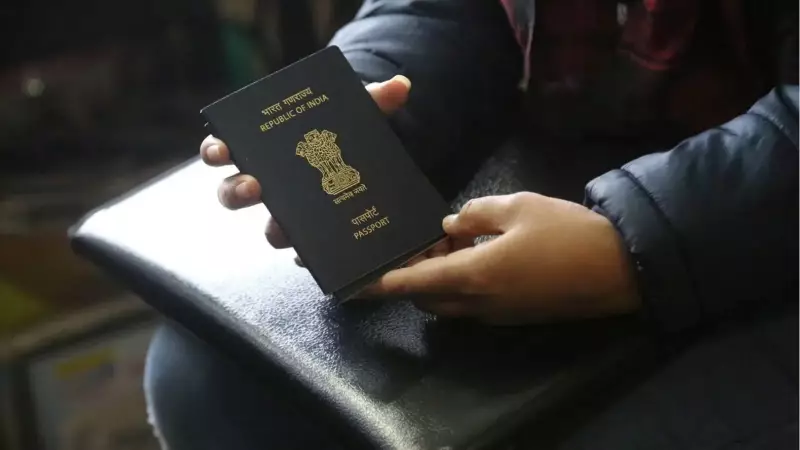
In a significant development that's sending shockwaves through diplomatic and tourism circles, Indian travellers are rapidly turning away from two popular Eurasian destinations - Azerbaijan and Turkey. The mass cancellation trend comes in direct response to these nations' overt support for Pakistan during the recent military exercise codenamed 'Operation Sindhoor'.
The Geopolitical Backstory
Operation Sindhoor, a strategic military exercise conducted by Indian forces, unexpectedly became the flashpoint for this international controversy. Intelligence reports and diplomatic sources confirmed that both Azerbaijan and Turkey provided substantial backing to Pakistan during these military maneuvers, a move that hasn't sat well with the Indian establishment or its citizens.
Tourism Takes a Direct Hit
The immediate fallout has been dramatic and measurable. Travel industry insiders report:
- Sharp decline in flight bookings to Baku and Istanbul
- Mass cancellations of pre-booked holiday packages
- Travel advisories circulating within Indian tourist communities
- Tour operators scrambling to adjust their inventory
Economic Implications
The timing couldn't be worse for Azerbaijan and Turkey's tourism sectors. Indian tourists have emerged as significant contributors to their hospitality economies in recent years, known for their substantial spending power and growing interest in Eurasian destinations.
"The decline isn't just statistical - it's symbolic," notes a senior tourism analyst. "Indian travellers are increasingly voting with their wallets when it comes to international relations."
Diplomatic Ripples
This tourism downturn represents more than just economic concerns. It signals a growing public sentiment in India where citizens are becoming increasingly aware of geopolitical alignments and are willing to take personal economic actions to express their displeasure with nations perceived as unfriendly.
The situation remains fluid, with travel industry experts monitoring whether this represents a temporary protest or the beginning of a longer-term shift in Indian travel patterns away from nations aligning against Indian interests.





